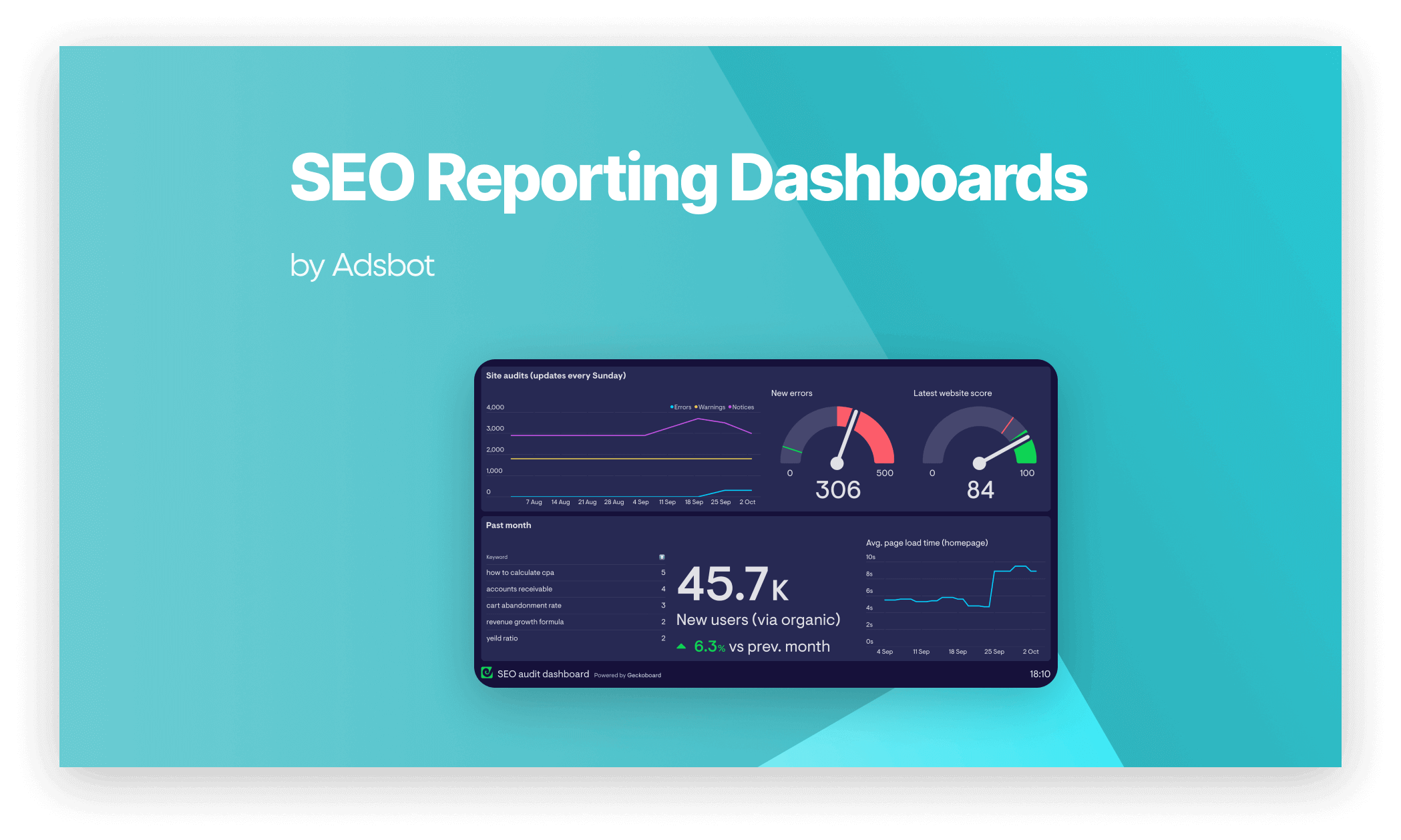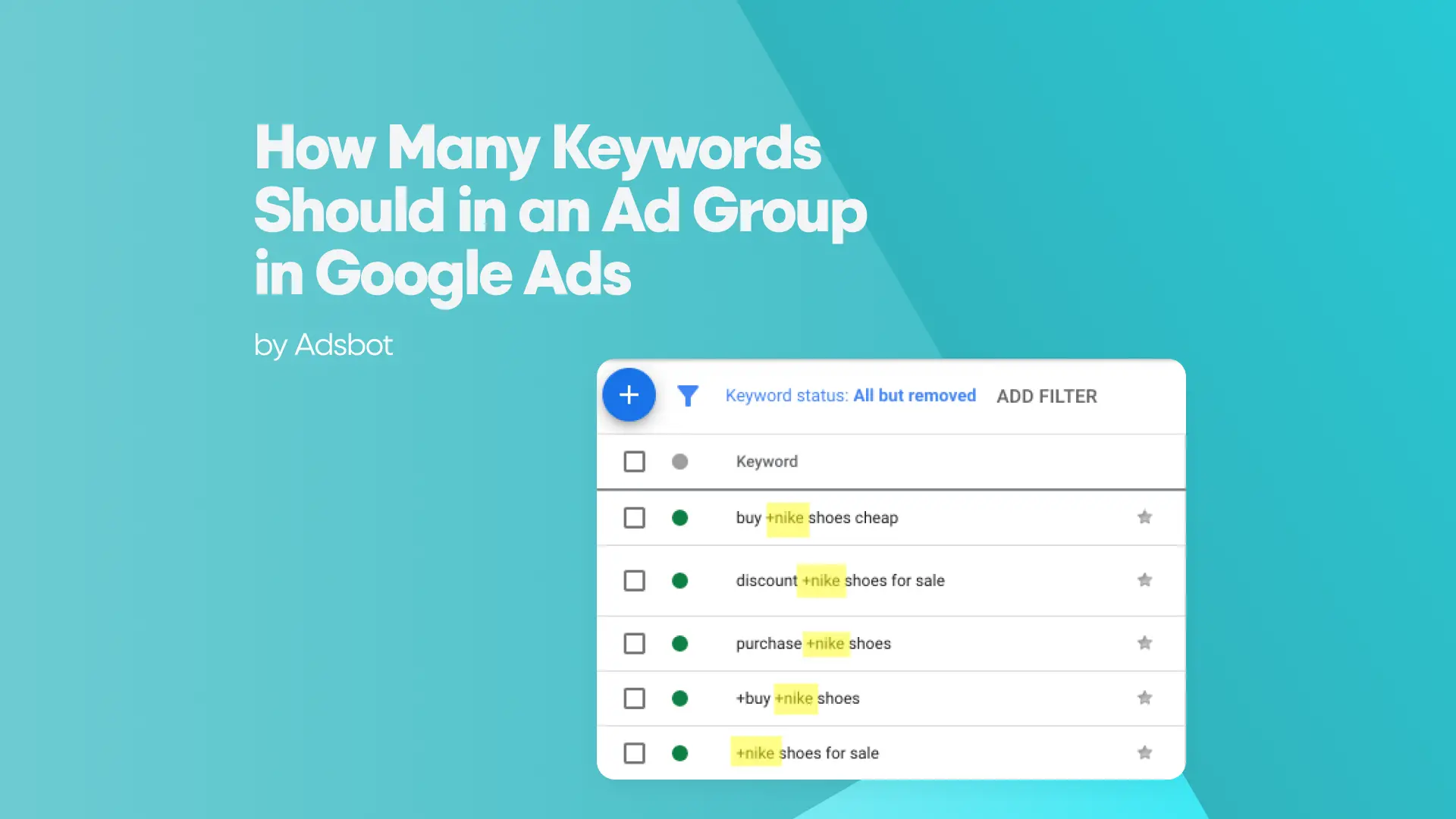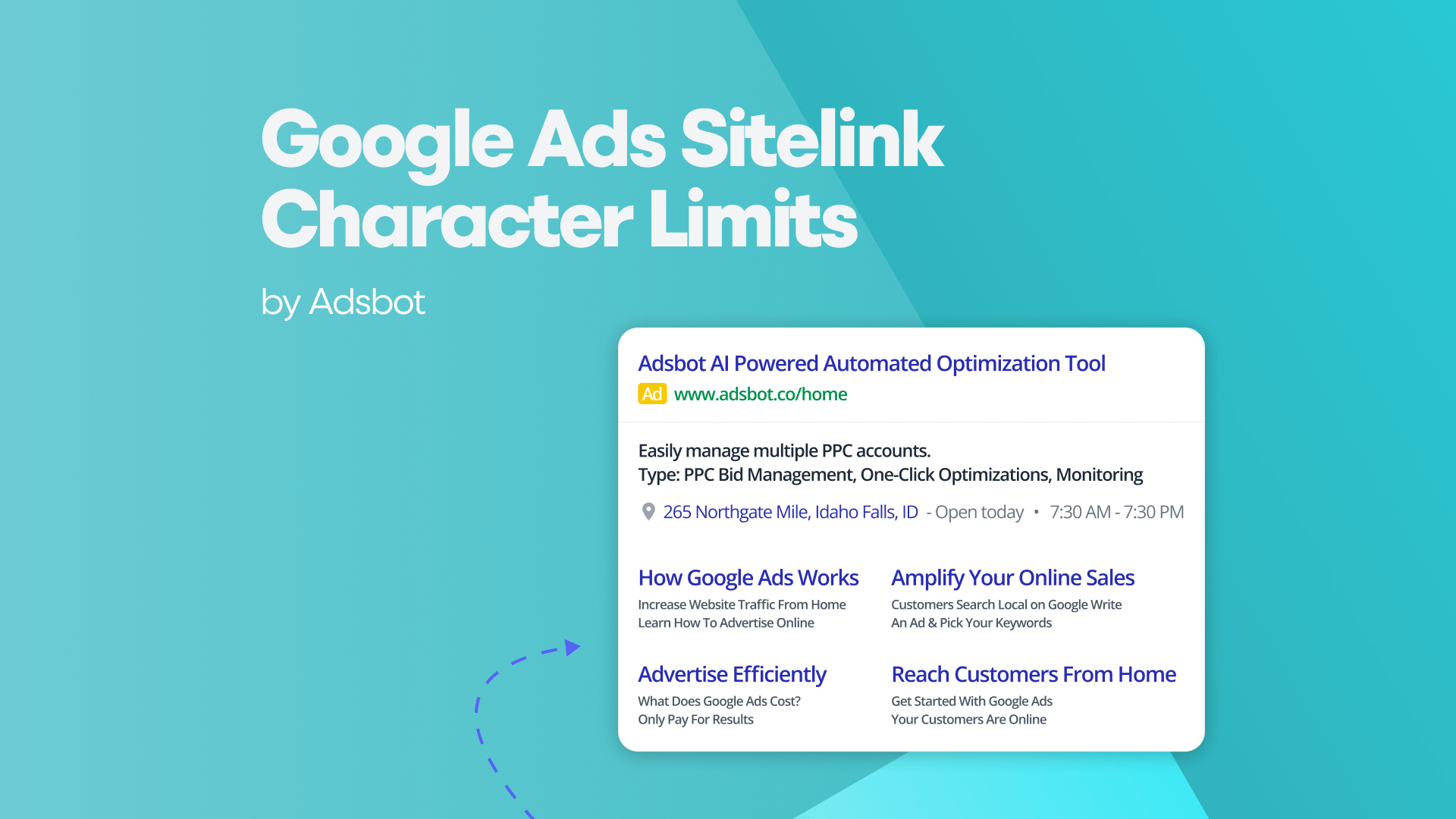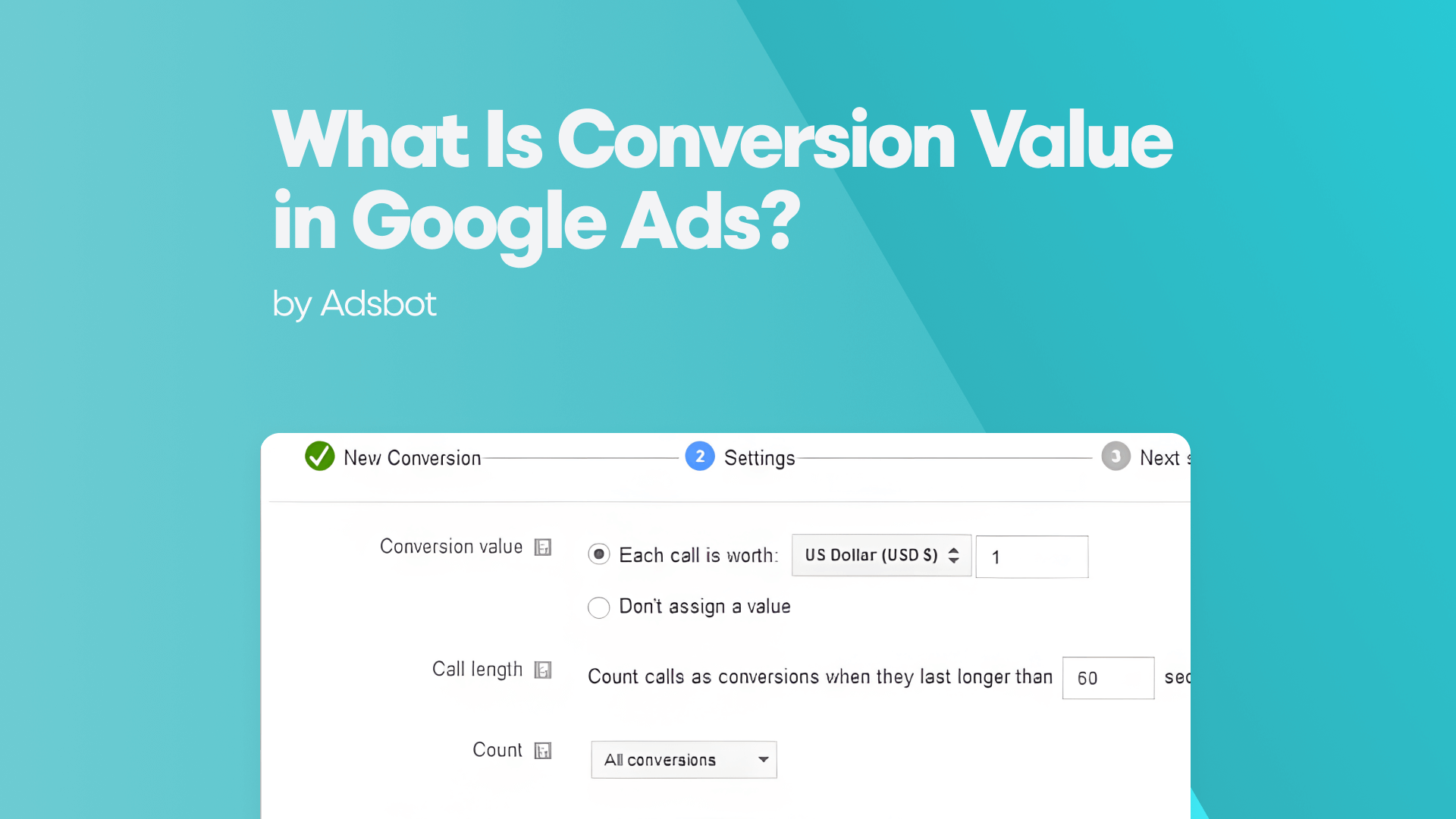SEO reporting dashboards are a lifesaver for companies and marketing experts in the fast-paced world of digital marketing, where visibility and strategic insights are critical. In this domain, we explore the complex world of SEO reporting, learning about the subtleties of SEO dashboards, SEO dashboards for clients, comprehensive platform dashboards, and powerful SEO ranking dashboards. This thorough guide seeks to clarify the fundamental significance of these technologies and explain how they are essential resources in the pursuit of online fame.
Data is constantly entering the digital realm, thus it’s critical for businesses to traverse this huge space with accuracy and wisdom. SEO reporting dashboards serve as focal points, providing a broad perspective of vital performance indicators that are essential for forming online strategy. These dashboards offer a thorough understanding of a website’s SEO health, from interpreting complex keyword rankings to analyzing trends in organic traffic and user engagement. Additionally, integrating AdWords monitoring into these dashboards allows businesses to track their paid search performance alongside organic metrics, creating a more comprehensive view of their overall digital marketing effectiveness.
It is imperative that we ground our understanding in the fundamental principles delineated by Google’s Webmaster Guidelines before we continue on this investigation. These rules serve as the cornerstone of successful SEO tactics, guaranteeing adherence to industry best practices and top search engine ranking.
Come along on this tour into the complex world of SEO reporting, where strategy and data come together to provide the foundation for online success. We’ll examine client-centric features, peel back the layers of these dashboards, and discover how integrating the Google Search Console Dashboard can have a revolutionary effect. Learning the craft of SEO reporting becomes not just necessary but also strategically vital at a time when digital excellence is synonymous with exposure and adaptability.
The Importance of Dashboards for SEO Reporting
Getting Around Basic Principles
SEO reporting dashboards, which include SEO dashboards as well, function as multifunctional command centers for tracking and evaluating important performance indicators. These dashboards provide a comprehensive view of a website’s SEO health, from analyzing keyword rankings—to assessing organic traffic and user engagement. It’s important to ground your knowledge in the fundamentals, and Google’s Webmaster Guidelines offer a solid basis for search engine optimization.
Important Measures for SEO Reporting Dashboards
- Keyword Rankings: It’s critical to keep a close eye on keyword rankings, particularly for terms like “seo reporting dashboards” and “seo marketing dashboard.” Complying with Google’s guidelines on content optimization guarantees compliance with industry best practices.
- Organic Traffic: Various SEO marketing dashboards combined into one that is well-optimized can offer detailed information about the organic traffic sources. Putting Google’s recommendations on creating high-quality content and improving page speed into practice helps increase organic traffic.
- User Engagement: Time on page and bounce rate are two important measures of user engagement. Adhering to Google’s advice on crafting compelling, user-focused content improves overall engagement numbers.
Creating an SEO Marketing Dashboard with a Client-First Approach
Dashboard Options for Customers
- Individualization: Tailoring your SEO dashboard, including SEO dashboards for clients, to each client’s specific needs is critical. Customization improves the overall client experience, which aligns with Google’s emphasis on a user-centric approach.
- Real-Time Updates: Considering Google’s emphasis on mobile-first indexing, timely information is of the utmost significance. Making sure that your SEO dashboard’s real-time updates correspond with how users behave differently on different devices.
- Mobile Responsiveness: A mobile-responsive design is essential given the increase in mobile usage. Adhering to Google’s mobile-friendly guidelines, which include different SEO dashboards, guarantees usability and accessibility on a range of devices.
- Competition Analysis: A thorough examination of rival tactics is made easier by using data from the Google Search Console Dashboard, including SEO ranking dashboards. This is in perfect harmony with Google’s encouragement to understand and analyze the competitive landscape.
Google Search Console Dashboard’s Principal Advantages
- Keyword Performance: Google’s recommendations for content optimization are in line with the thorough tracking of keyword performance and the identification of optimization opportunities.
- Indexing Status: Ensuring that search engines index all pertinent sites in accordance with Google’s guidelines on crawling and indexing.
- Mobile Usability: A consistent user experience across devices is ensured by assessing and improving mobile usability in accordance with Google’s mobile-friendly guidelines.
- Structured Data Insights: By utilizing SEO ranking dashboards and other structured data insights, search results and click-through rates are improved, which is in line with Google’s emphasis on rich results.
SEO reporting dashboards, which include SEO dashboards for clients, SEO dashboards, and SEO ranking dashboards, play a crucial part in the ever-changing world of digital marketing for companies looking to gain online recognition. As we come to the end of our investigation, it is clear that these all-inclusive tools are invaluable partners for companies and marketing experts, providing a broad perspective on critical performance indicators.
SEO reporting dashboards offer a comprehensive picture of the condition of a website because they are based on the core ideas presented in Google’s Webmaster Guidelines. These dashboards enable customers to make data-driven decisions about boosting their online presence, from monitoring keyword rankings with precision to assessing organic traffic and user engagement.
Creating a client-centric SEO marketing dashboard requires responsive design, real-time updates in accordance with mobile-first indexing, and customisation to meet specific demands. These characteristics enhance the user experience and guarantee that methods may be adjusted to suit changing user habits, which is in line with Google’s emphasis on a user-centric approach.
It is imperative that we continue to monitor Google’s official blog for developments and to iteratively improve our methods going forward. Maintaining a close eye on developing trends and adopting a client-centric strategy is essential for achieving digital excellence. Businesses strengthen their positions and set out on a path of sustainable digital growth with the help of the many features of SEO reporting dashboards, which include SEO dashboards, SEO dashboards for clients, and SEO ranking dashboards.
A game-changer is the integration of the Google Search Console Dashboard, which offers priceless insights into mobile usability, indexing status, keyword performance, and structured data insights. With this connectivity, businesses can easily adjust their SEO strategy to better coincide with Google’s recommendations.
Popular Posts
-
How Many Keywords Should Be In an Ad Group in Google Ads?
For the vast majority of modern campaigns, the ideal number…
Read more -
Google Ads Script for Dummies: An Introduction
Imagine you have an e-commerce website that sells licensed superhero…
Read more -
Google Ads Sitelink Character Limits
Your Google Ads are cutting off in the middle of…
Read more -
What Is Conversion Value in Google Ads?
What if you could put a price tag on every…
Read more
Register for our Free 14-day Trial now!
No credit card required, cancel anytime.






